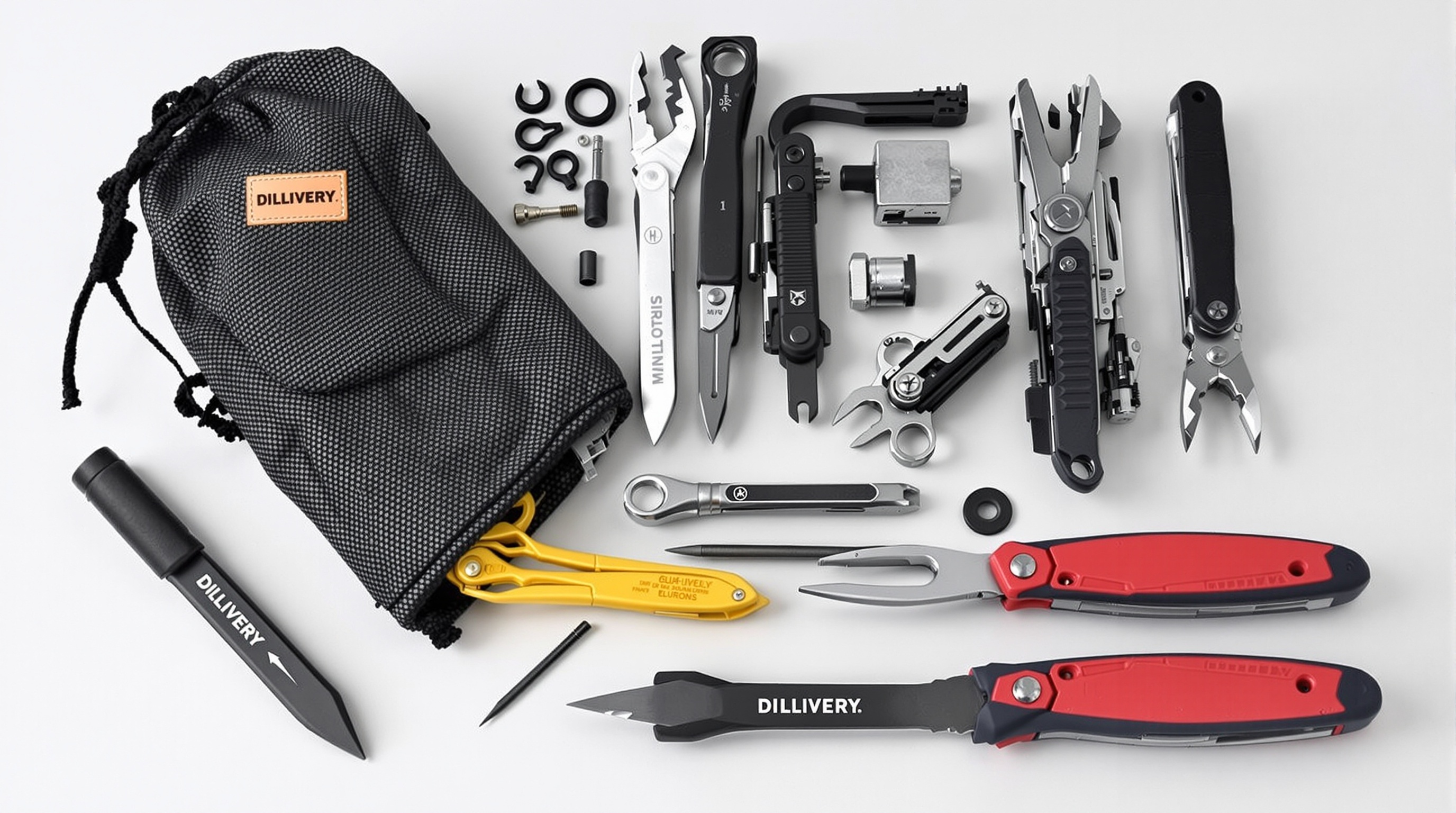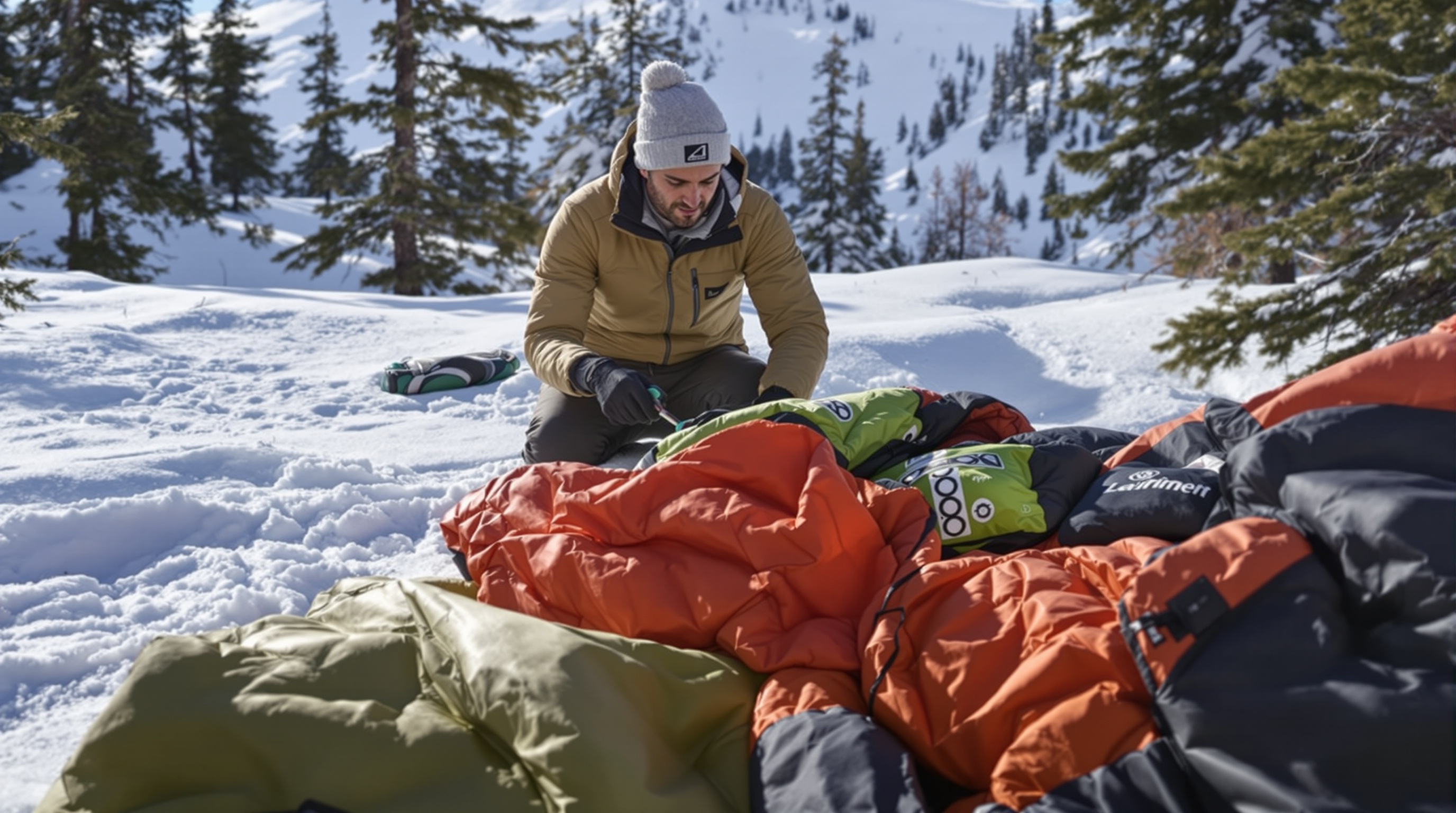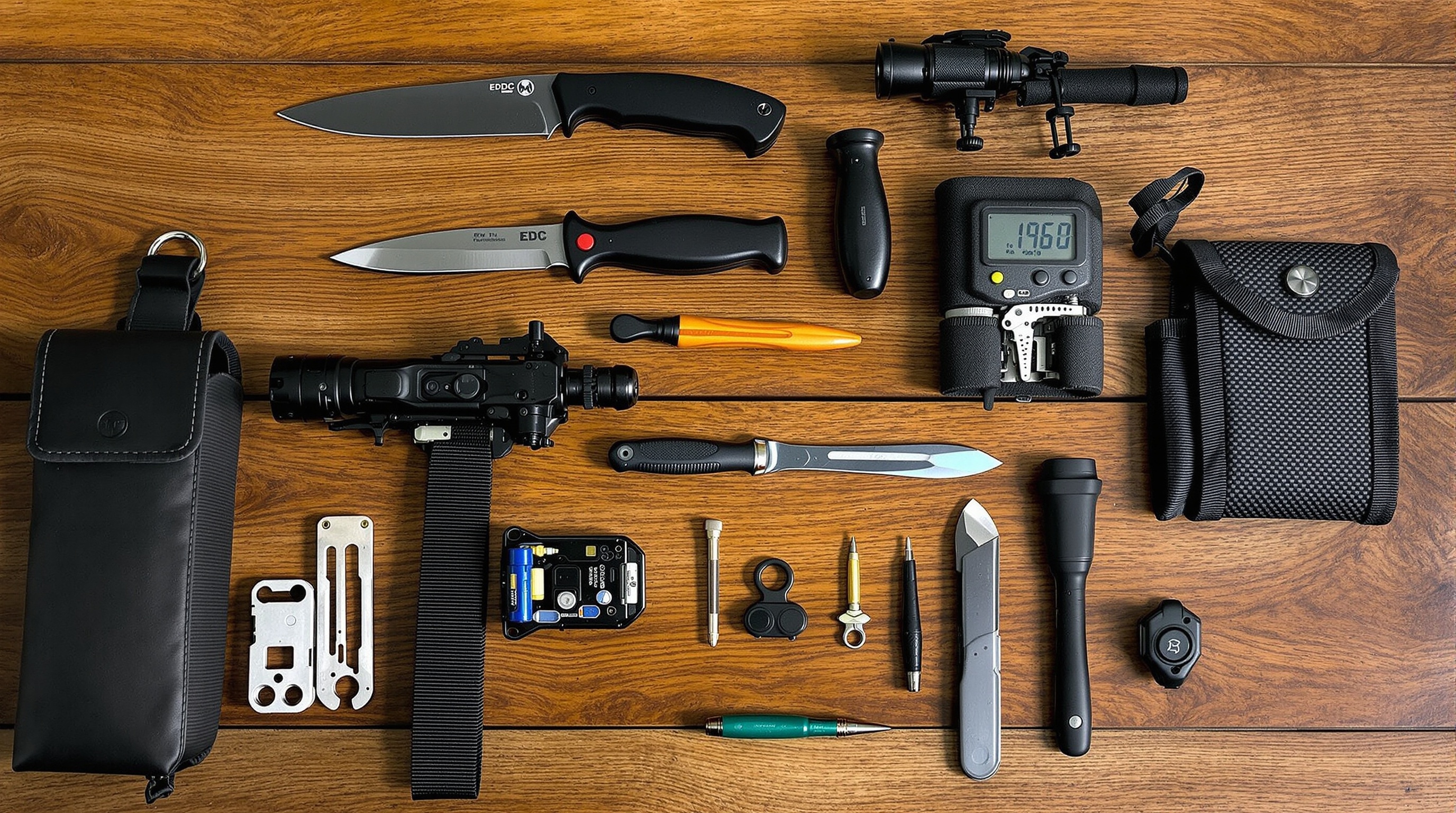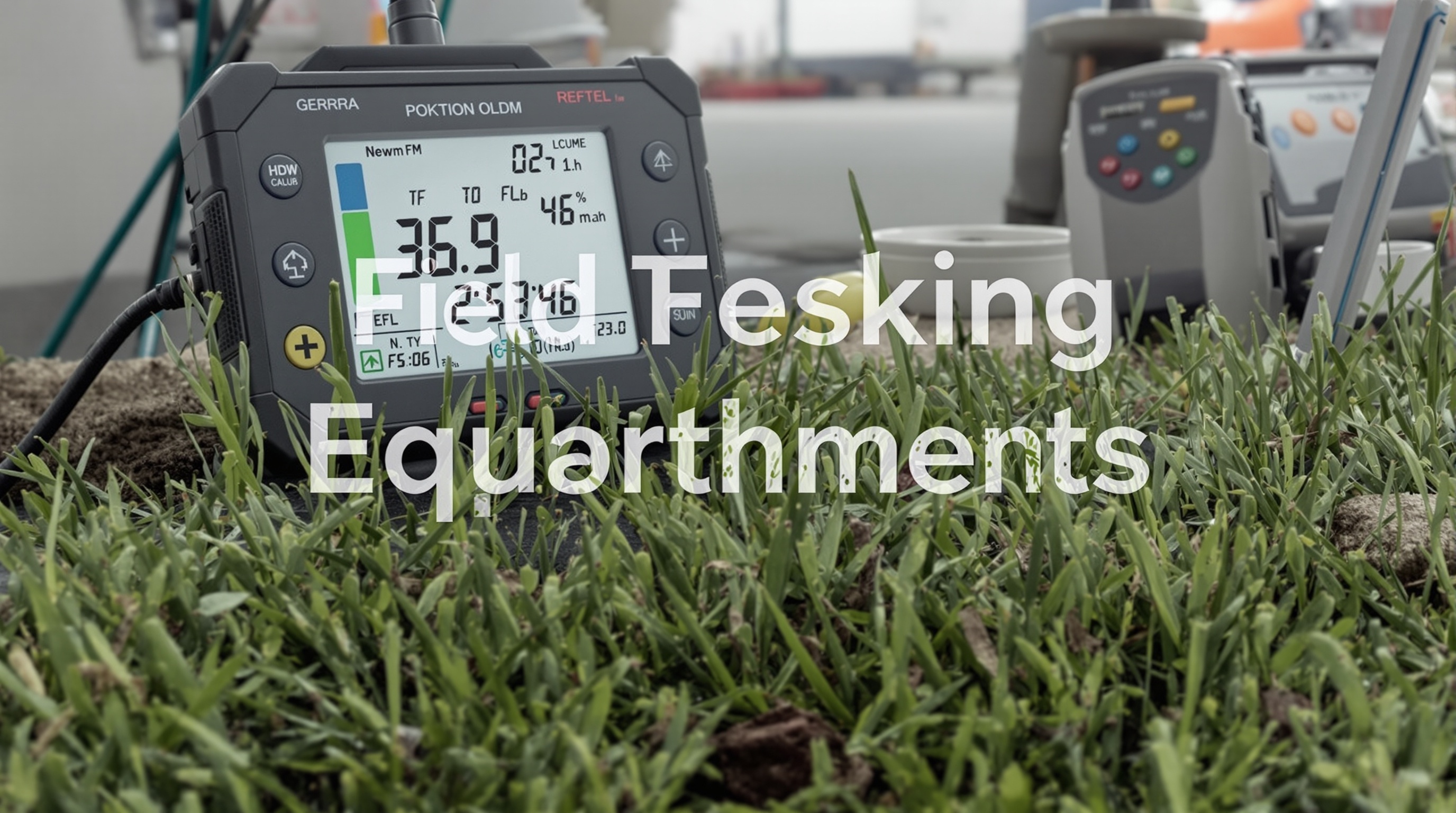Off-Grid Exploration: Ultimate Guide to Remote Adventures & UTV Travel
Discover the essentials of off-grid exploration—from survival skills and gear to choosing UTVs for remote adventures. Plan your escape beyond the grid with expert tips.

Off-grid exploration—whether by rugged UTV through remote Baja trails or hiking into the wild—requires preparation, self-sufficient travel skills, and a mindset ready for unplugged adventure. This guide dives into everything you need to know about off-grid travel: from survival tips and equipment to transportation and safety strategies. Discover how to embrace remote exploration, reduce your footprint, and travel deep into uncharted territory—without sacrificing safety, sustainability, or excitement.
Understanding Off-Grid Basics
Embarking on an off-grid UTV adventure through Baja's untamed wilderness requires a solid understanding of what it truly means to go "off the grid." This isn't simply about leaving behind the urban bustle — it's about embracing a self-reliant lifestyle, navigating remote terrain, and adapting to the unpredictable elements of nature. Here's what adventure seekers need to know before heading into the wild with Off The Grid Expeditions.
What Does "Off-Grid" Really Mean?
Going off-grid refers to disconnecting from traditional infrastructures such as electricity, water supplies, cellular service, and paved roads. In the context of Baja UTV expeditions, it means traveling deep into isolated desert regions, mountainous paths, and coastal trails that are far removed from populated areas. Participants must be prepared for limited connectivity, self-sufficiency, and a high level of environmental awareness.
Living Without Connectivity
One of the defining features of an off-grid adventure is the absence of cell service and internet access. This digital detox allows travelers to focus entirely on the natural surroundings, the thrill of exploration, and the camaraderie of fellow adventurers. While satellite communication equipment is often carried by guides for emergencies, adventurers are encouraged to embrace the freedom that comes with being unreachable — a rarity in today’s hyper-connected world.
Energy and Power Solutions
While off-grid typically implies no access to conventional power sources, Off The Grid Expeditions equips their camps and support vehicles with portable solar panels and battery-powered gear. These sustainable energy methods are used to power essentials like GPS devices, satellite phones, and lighting. Travelers may also bring personal solar chargers or power banks to keep cameras or handheld devices operational during the trip, though minimalism is encouraged.
Water and Food Provisions
In remote Baja regions, access to clean water is limited. Off The Grid Expeditions addresses this by carrying ample water supplies and using portable filtration systems when needed. Meals are carefully planned and packed, often combining fresh ingredients with high-quality dehydrated or canned options to ensure nutrition and convenience. Participants are advised to bring personal snacks, hydration packs, and any specific dietary items they may require.
Shelter in the Wild
Camping is a central part of the off-grid experience. Depending on the route and location, participants may sleep in tents, rooftop campers, or even under the stars. Campsites are chosen for their natural beauty, safety, and environmental impact considerations. Off The Grid Expeditions provides high-quality camping gear, including sleeping bags, mats, and weather-resistant shelters, ensuring comfort even in rugged terrain.
Navigation Without Roads
Traveling off-grid means navigating with limited signage and no paved roads. UTVs are equipped with GPS units and trail maps, but knowledge of off-road navigation is essential. Guides from Off The Grid Expeditions are trained in route planning, terrain assessment, and emergency rerouting if conditions change. Participants receive a detailed orientation on how to read the landscape, interpret GPS data, and follow safe travel practices.
Safety and Preparedness
Safety off the grid requires proactive planning and constant situational awareness. Each expedition carries a satellite communication system, first aid kits, spare vehicle parts, and emergency response protocols. Participants are briefed on how to handle encounters with wildlife, vehicle breakdowns, and extreme weather conditions. Personal responsibility is key — everyone must carry their own essentials, stay hydrated, and follow guide instructions closely.
Emotional and Mental Shifts
Beyond physical readiness, going off-grid demands a mental shift. The lack of modern conveniences can be disorienting at first but ultimately liberating. Many adventurers report a heightened sense of presence, improved problem-solving skills, and a deeper connection to the natural world. The solitude and simplicity of life off-grid offer a rare chance to reset, reflect, and rediscover what truly matters.
Sustainability and Respect for Nature
Responsible off-grid exploration includes minimizing environmental impact. Off The Grid Expeditions follows Leave No Trace principles, ensuring that campsites are left as they were found and that waste is handled properly. Participants are educated on local ecosystems, encouraged to respect wildlife habitats, and asked to be mindful of their footprint in these fragile environments.
Understanding these off-grid basics is essential for anyone planning to explore Baja’s rugged beauty with Off The Grid Expeditions. It’s not just a physical journey through remote landscapes — it’s a transformative experience that challenges comfort zones and inspires deeper appreciation for the wild.
Planning Your Off-Grid Adventure
Embarking on a UTV journey through Baja's untamed wilderness requires more than a thirst for adventure—it demands thoughtful preparation. From choosing the right season to understanding the local terrain, planning is essential to ensure a safe, enjoyable, and unforgettable off-grid experience.
Booking Your Expedition
Off The Grid Expeditions offers a streamlined booking process designed to get you on the trail with ease. Prospective adventurers can reserve their spot directly through the company’s website, where they can select from a range of pre-planned tours or inquire about custom routes. It’s recommended to book several months in advance, especially for peak travel seasons, to secure your preferred dates and tour type.
When booking, participants typically choose between solo riders and tandem options, depending on experience level and comfort. Group sizes are intentionally kept small to enhance the personalized, off-the-beaten-path experience.
Best Time to Explore Baja
Baja California offers a welcoming climate for most of the year, but the best time to go off-grid is during the cooler, drier months—typically from November to April. During this season, temperatures are more manageable for long days of riding, and the chances of encountering flash floods or extreme heat are significantly lower.
Spring and fall also offer prime opportunities to witness Baja’s natural beauty, from blooming desert flora to migrating whales along the coast.
Trip Duration Options
Off The Grid Expeditions provides a variety of trip durations to suit different adventure levels and time commitments. Common options include:
- 3-day excursions: Ideal for beginners or those with limited time.
- 5 to 7-day adventures: Recommended for travelers seeking a deeper immersion into Baja’s wild terrain.
- Custom expeditions: Tailored trips for experienced riders or groups with specific exploration goals.
Each itinerary is crafted to balance adrenaline-fueled riding with opportunities to rest, explore, and connect with nature.
Documentation and Entry Requirements
Since most off-grid UTV adventures in Baja begin in the U.S. and cross into Mexico, travelers must carry valid identification and travel documents. These typically include:
- A valid passport
- A tourist visa (FMM), which is usually obtained at the border
- Valid driver’s license (international license recommended but not required for U.S. citizens)
- Vehicle documentation if bringing personal UTVs (Off The Grid Expeditions provides vehicles for their tours)
Travel insurance that includes off-road activities is highly advised, as it provides peace of mind in the event of medical emergencies or unforeseen incidents.
Preparation Tips for Off-Grid Travel
Going off-grid means embracing unpredictability and self-sufficiency. To prepare effectively:
- Physical readiness: Although UTVs handle the bulk of the work, riders should be in good physical condition for the rigors of off-road travel, including long hours of riding and exposure to sun and dust.
- Clothing and gear: Wear moisture-wicking layers, bring protective gloves, goggles, and sturdy boots. A wide-brimmed hat and sunscreen are essential for daytime protection.
- Packing essentials: Include hydration packs, compact first-aid kits, portable chargers, and snacks with high energy content. Off The Grid Expeditions provides a detailed packing checklist prior to departure.
- Mindset: Embrace flexibility and be prepared to adapt to unexpected weather, terrain changes, or detours. A sense of adventure and a willingness to disconnect from modern conveniences are key to enjoying the off-grid lifestyle.
With the right preparation, travelers can fully immerse themselves in the raw beauty and freedom of Baja’s remote wilderness. Planning ahead ensures that the adventure is not only thrilling but also safe and deeply rewarding.
Essential Equipment and Supplies
When venturing into Baja’s raw and remote terrain with Off The Grid Expeditions, the right equipment and supplies are not just helpful — they’re absolutely critical. From navigating unmarked paths to ensuring safety in unpredictable conditions, being properly equipped is key to a successful off-grid UTV adventure.
UTV-Specific Gear
Off The Grid Expeditions supplies high-performance UTVs (Utility Task Vehicles) designed to handle Baja’s diverse and demanding landscapes. These vehicles come outfitted with:
- Long-travel suspension systems for rugged terrain
- Reinforced roll cages and harness systems for safety
- Off-road tires with deep tread for optimal traction
- GPS navigation units pre-loaded with custom route maps
- Auxiliary lighting systems for night driving
- Spare tires and onboard repair kits
Participants are also provided with or required to bring essential gear including:
- DOT-approved helmets and goggles
- Lightweight, breathable riding suits
- Gloves with grip and protection
- Sturdy off-road boots
Survival and Safety Equipment
Given the remote nature of Baja’s wilderness, Off The Grid Expeditions equips each group with crucial survival tools to ensure safety and preparedness. These include:
- Satellite communication devices (such as Garmin inReach or SPOT trackers)
- First-aid kits tailored for off-road incidents
- Fire extinguishers and emergency flares
- Water purification systems or tablets
- Portable power banks and solar chargers
In some cases, participants may be advised to carry compact emergency shelters or thermal blankets, especially during multi-day tours that involve overnight stays in isolated regions.
Navigation and Communication Tools
Even though guided tours are led by experienced professionals, every group is equipped with tools to remain oriented and connected:
- High-resolution topographic maps
- Compass and backup GPS units
- Two-way radios for intra-group communication
- Route briefings and waypoint markers
For self-guided tours, additional navigation training and equipment are provided to ensure participants can independently manage navigation and troubleshoot potential route challenges.
Camping and Overnight Supplies
For multi-day expeditions through Baja’s deserts, mountains, and coastlines, camping gear is a necessity. Off The Grid Expeditions supplies or recommends the following key items:
- All-weather tents and ground pads
- Compact cooking systems (propane stoves or jet boils)
- Rehydratable or freeze-dried meals
- Collapsible water containers and hydration packs
- Headlamps and lanterns with extra batteries
Participants are encouraged to pack light but smart, prioritizing multi-use items and gear suited for extreme temperature shifts between day and night.
Personal Essentials
Packing the right personal items enhances comfort and endurance during intense off-road travel. A well-prepared adventurer will bring:
- High-SPF sunscreen and lip balm
- Insect repellent
- Sunglasses with UV protection
- Moisture-wicking base layers
- Multi-tool or knife
- Dry bags to protect electronics and documents
Food and hydration are also paramount. Off The Grid Expeditions provides guidance on ration planning, and most tours include support vehicles that carry extra supplies, but participants should always bring:
- A minimum of 3 liters of water per person per day
- High-calorie snacks like energy bars, trail mix, and jerky
- Electrolyte tablets or drink mixes
Proper preparation with the right equipment ensures that each rider can fully embrace the off-grid spirit — confidently navigating Baja’s vast wilderness, far from paved roads and city lights.
Off-Grid Transportation Options
Exploring Baja’s untamed wilderness requires more than just a sense of adventure—it demands the right transportation to traverse remote, rugged, and often unpredictable terrain. Off-grid transportation options are essential for reaching the hidden gems of Baja, far beyond the reach of conventional vehicles. These options are carefully chosen to ensure reliability, endurance, and adaptability in isolated environments.
Utility Terrain Vehicles (UTVs)
Utility Terrain Vehicles (UTVs), also known as side-by-sides, are the cornerstone of off-grid transportation for Off The Grid Expeditions. These vehicles are specifically designed to handle the rigors of Baja's demanding off-road conditions. Equipped with high ground clearance, long-travel suspension, and four-wheel drive capabilities, UTVs are ideal for navigating steep inclines, rocky trails, sand dunes, and water crossings.
Modern UTVs are built to carry both passengers and equipment, often featuring roll cages, cargo beds, GPS mounts, and durable all-terrain tires. Their compact frame allows them to access remote paths that larger off-road vehicles cannot reach, making them perfect for wilderness exploration.
Satellite Navigation and GPS Systems
When venturing off-grid, traditional maps and cell phones are rarely sufficient. Reliable satellite navigation is a critical component of transportation in remote areas. Off The Grid Expeditions equips each UTV with GPS systems preloaded with detailed topographical maps of Baja. These devices provide real-time tracking, route planning, and emergency location services, offering peace of mind and essential situational awareness.
In addition to GPS units, satellite communication devices such as Garmin inReach or SPOT messengers are commonly used. These tools allow adventurers to send SOS signals or check-in messages even when out of cellular range, ensuring consistent communication in emergency situations.
Support Vehicles and Logistics
For longer expeditions or group adventures, support vehicles play a vital logistical role. These are typically larger 4x4 trucks or overland rigs that carry extra fuel, spare parts, recovery gear, and medical supplies. They may also serve as mobile base camps equipped with tools, refrigeration, and additional navigation equipment.
Support vehicles follow a pre-determined route and rendezvous with UTV groups at designated points, ensuring that all participants have access to assistance and resupply without compromising the self-reliant nature of the experience.
Sustainable and Alternative Transport Options
In alignment with conservation efforts, some off-grid expeditions explore the use of electric UTVs or hybrid off-road vehicles. While still emerging in the adventure travel sector, these vehicles offer a quieter and more environmentally friendly alternative, reducing emissions and minimizing disturbance to wildlife.
Solar-powered charging stations and portable solar panels are also being tested in remote camps to support these sustainable vehicles and power essential gear. These innovations illustrate the evolving nature of off-grid transportation, aiming to balance adventure with ecological responsibility.
Essential Gear for Off-Grid Mobility
Regardless of the vehicle choice, certain essentials must always accompany off-grid transport:
- Recovery gear (tow straps, winches, traction boards)
- Spare tires and repair kits
- Extra fuel and water reserves
- Navigation and communication devices
- First aid and emergency kits
- Weather-appropriate clothing and protective gear
Equipped with the right transportation and gear, adventurers can confidently navigate Baja’s remote wilderness, embracing the freedom and thrill of true off-grid exploration.
Safety and Survival Skills
When venturing into the rugged and remote backcountry of Baja in a UTV, safety and survival skills are paramount. Off The Grid Expeditions places significant emphasis on preparing each adventurer with the knowledge and tools required to handle the unpredictable nature of off-grid exploration. Whether navigating mountainous trails or traversing desert expanses, understanding core safety protocols can make all the difference.
Pre-Ride Safety Orientation
Every expedition begins with a comprehensive safety briefing. This includes an overview of UTV handling, emergency procedures, communication protocols, and route-specific hazards. Participants are taught how to operate their vehicles safely, including how to manage steep inclines, rocky terrain, and sudden weather changes.
Riders are also trained in situational awareness, such as identifying signs of fatigue or dehydration—common risks in Baja's arid climate. Guides ensure that all adventurers understand the importance of pacing themselves during long rides and maintaining hydration.
Essential Survival Gear
Off The Grid Expeditions equips each group with essential safety and survival gear tailored for remote travel. This includes:
- GPS navigation units and satellite communication devices
- First-aid kits with trauma supplies
- Emergency food and water rations
- Vehicle recovery gear such as tow straps, winches, and tire repair kits
- Fire extinguishers and signaling tools like flares and mirrors
Participants are encouraged to pack personal essentials including sunscreen, protective clothing, multi-tools, and personal medications. All gear is checked and reviewed before departure to ensure readiness.
Navigation and Emergency Communication
Navigating Baja's untamed terrain requires more than a good sense of direction. GPS systems and satellite messengers are provided to ensure constant location tracking, even in the absence of cellular service. Each group is trained to use these tools to communicate with base camp or emergency services.
Guides also teach map-reading and compass basics, reinforcing the importance of redundancy in navigation tools. In case of equipment failure, knowing how to orient oneself using natural landmarks and manual maps can be a lifesaver.
First Aid and Medical Emergencies
While all expeditions are guided by professionals with wilderness first aid certification, participants receive basic training in handling common medical situations. These include treating cuts, sprains, heatstroke, and dehydration—conditions frequently encountered in desert and mountainous environments.
Off The Grid Expeditions maintains a direct line to emergency evacuation services and has contingency plans for airlift or ground extraction in severe emergencies. Routes are planned with access to medical facilities in mind, and each expedition leader carries a detailed list of participants’ medical histories and allergies.
Survival Strategies for Remote Environments
Surviving in Baja’s remote wilderness requires a foundational understanding of environmental hazards and how to respond. Adventurers learn:
- How to find and purify water in arid zones
- Safe shelter-building techniques using natural and carried materials
- Fire-making skills using both tools and natural resources
- How to signal for rescue using mirrors, smoke, or GPS devices
- Animal awareness and how to avoid dangerous encounters with local wildlife
These skills are not only potentially life-saving but also enhance the sense of self-reliance and connection to the natural world that defines the off-grid exploration experience.
Group Safety and Team Dynamics
Safety in remote expeditions relies heavily on teamwork. Guides foster a culture of mutual responsibility where each participant plays an active role in group safety. From maintaining visual contact during rides to assisting in vehicle recovery operations, collaboration is key.
Participants are encouraged to speak up if they notice potential hazards or if they or others feel unwell. This proactive communication strengthens the group’s ability to respond quickly and effectively to challenges, ensuring a safer and more enjoyable journey for everyone involved.
Off-grid exploration unlocks a deeper connection with nature, challenges your comfort zone, and offers experiences rarely found on the beaten path. Whether you're powering through Baja's desert trails by UTV or navigating remote terrain with only a compass and a plan, going off-grid is both a physical and spiritual journey. Ready to unplug and rediscover the wild? Start planning your next off-grid expedition today—with preparation, passion, and respect for the wilderness you’re about to explore.




